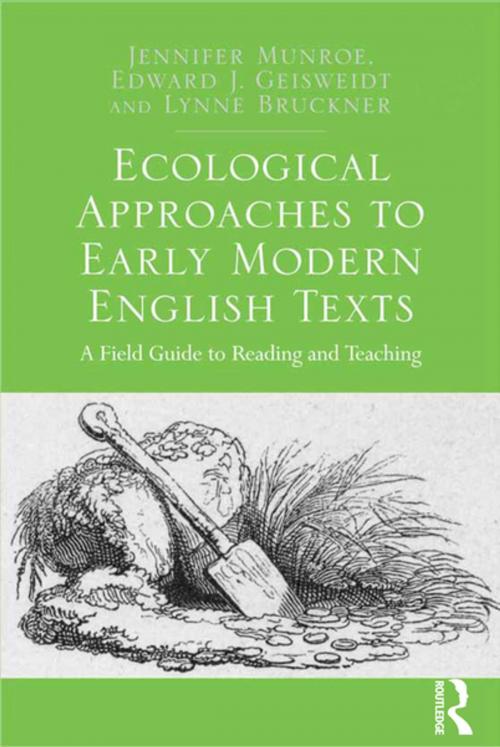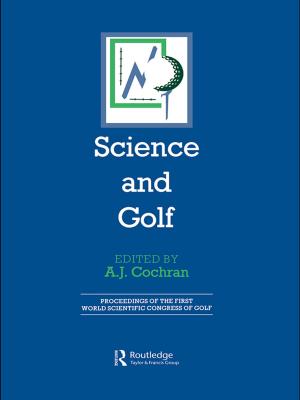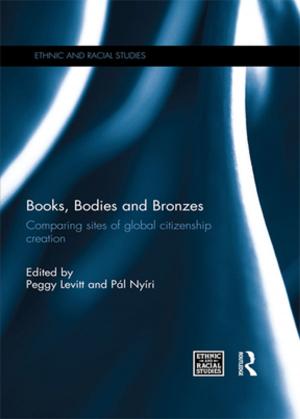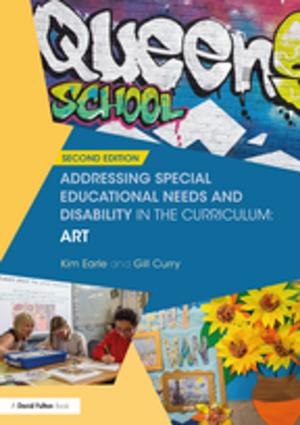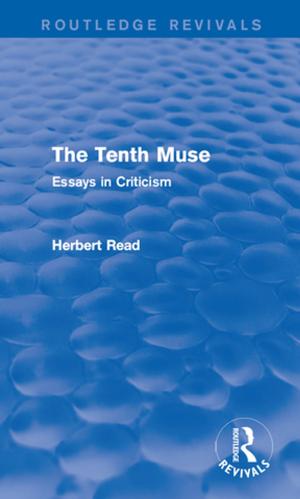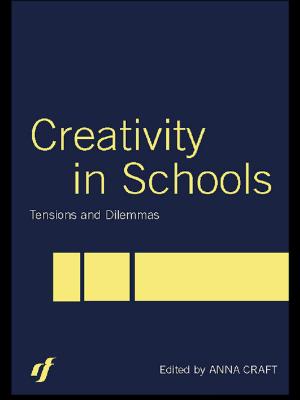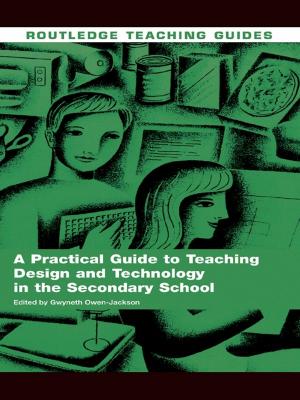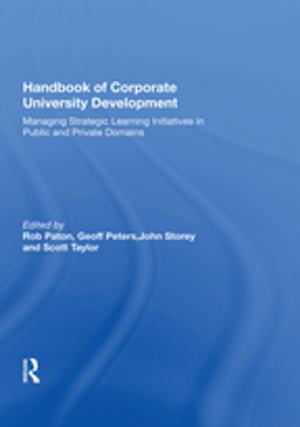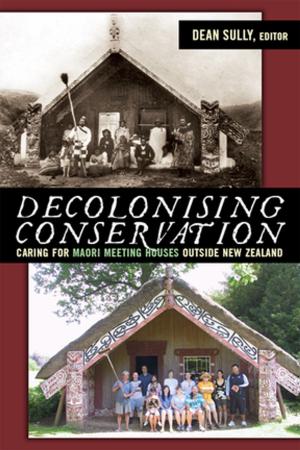Ecological Approaches to Early Modern English Texts
A Field Guide to Reading and Teaching
Nonfiction, Reference & Language, Language Arts, Writing & Publishing, Publishing, Fiction & Literature, Literary Theory & Criticism| Author: | Jennifer Munroe, Edward J. Geisweidt | ISBN: | 9781317146346 |
| Publisher: | Taylor and Francis | Publication: | March 9, 2016 |
| Imprint: | Routledge | Language: | English |
| Author: | Jennifer Munroe, Edward J. Geisweidt |
| ISBN: | 9781317146346 |
| Publisher: | Taylor and Francis |
| Publication: | March 9, 2016 |
| Imprint: | Routledge |
| Language: | English |
Ecocriticism has steadily gained footing within the larger arena of early modern scholarship, and with the publication of well over a dozen monographs, essay collections, and special journal issues, literary studies looks increasingly ’green’; yet the field lacks a straightforward, easy-to-use guide to do with reading and teaching early modern texts ecocritically. Accessible yet comprehensive, the cutting-edge collection Ecological Approaches to Early Modern English Texts fills this gap. Organized around the notion of contact zones (or points of intersection, that have often been constructed asymmetrically-especially with regard to the human-nonhuman dichotomy), the volume reassesses current trends in ecocriticism and the Renaissance; introduces analyses of neglected texts and authors; brings ecocriticism into conversation with cognate fields and approaches (e.g., queer theory, feminism, post-coloniality, food studies); and offers a significant section on pedagogy, ecocriticism and early modern literature. Engaging points of tension and central interest in the field, the collection is largely situated in the 'and/or' that resides between presentism-historicism, materiality-literary, somatic-semiotic, nature-culture, and, most importantly, human-nonhuman. Ecological Approaches to Early Modern English Texts balances coverage and methodology; its primary goal is to provide useful, yet nuanced discussions of ecological approaches to reading and teaching a range of representative early modern texts. As a whole, the volume includes a diverse selection of chapters that engage the complex issues that arise when reading and teaching early modern texts from a green perspective.
Ecocriticism has steadily gained footing within the larger arena of early modern scholarship, and with the publication of well over a dozen monographs, essay collections, and special journal issues, literary studies looks increasingly ’green’; yet the field lacks a straightforward, easy-to-use guide to do with reading and teaching early modern texts ecocritically. Accessible yet comprehensive, the cutting-edge collection Ecological Approaches to Early Modern English Texts fills this gap. Organized around the notion of contact zones (or points of intersection, that have often been constructed asymmetrically-especially with regard to the human-nonhuman dichotomy), the volume reassesses current trends in ecocriticism and the Renaissance; introduces analyses of neglected texts and authors; brings ecocriticism into conversation with cognate fields and approaches (e.g., queer theory, feminism, post-coloniality, food studies); and offers a significant section on pedagogy, ecocriticism and early modern literature. Engaging points of tension and central interest in the field, the collection is largely situated in the 'and/or' that resides between presentism-historicism, materiality-literary, somatic-semiotic, nature-culture, and, most importantly, human-nonhuman. Ecological Approaches to Early Modern English Texts balances coverage and methodology; its primary goal is to provide useful, yet nuanced discussions of ecological approaches to reading and teaching a range of representative early modern texts. As a whole, the volume includes a diverse selection of chapters that engage the complex issues that arise when reading and teaching early modern texts from a green perspective.
